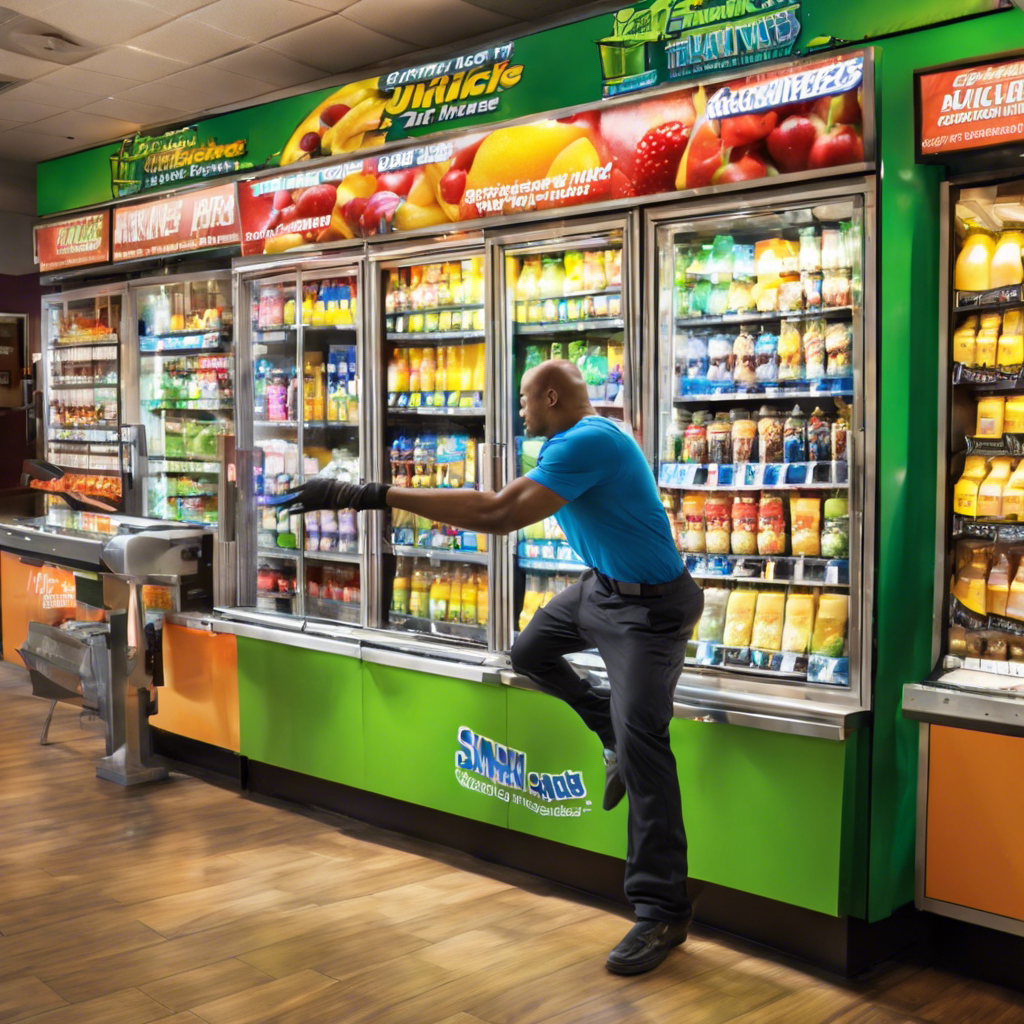European Business Schools Adapt to the Rise of Sustainable Luxury

As millennial and generation-Z consumers demand sustainable and ethical practices from luxury brands, European business schools are incorporating sustainability and ethics into their luxury programs.
European business schools have long been a breeding ground for graduates entering the global luxury goods sector. However, with the rise of millennial and generation-Z consumers who prioritize sustainability and ethics, luxury brands and the business schools that teach about the industry are facing increasing pressure to promote sustainable practices. Students are demanding a deeper understanding of sustainability initiatives and policies from luxury brands, prompting business schools to equip them with the necessary knowledge and skills to navigate the evolving landscape of the luxury industry.
Shifting Consumer Preferences Drive Demand for Sustainable Luxury
Today’s younger consumers are acutely aware of climate change and are actively seeking out brands that align with their values. A survey by Boston Consulting Group and Altagamma reveals that 72% of generation-Z consumers consider a company’s commitment to sustainable development when making purchasing decisions. This growing demand for sustainable luxury has prompted European business schools to respond by integrating sustainability and ethics into their luxury programs.
Equipping Students with Sustainability Awareness and Expertise
To meet the demands of the changing luxury industry, business schools are ensuring that their students have a comprehensive understanding of sustainability and ethics. Barbara Slavich, academic director of the Master in Fashion Management at Iéseg in France, emphasizes the importance of teaching students about ethical business practices, such as fair trade and responsible sourcing, as well as environmental expertise, including regulations and certifications. Students are also being exposed to key sustainability concepts like the circular economy, sustainable sourcing, and carbon footprint reduction.
Specialized Programs and Real-World Experience
European business schools are going beyond traditional curriculum offerings to provide specialized programs that focus specifically on sustainable luxury management. For example, Audencia Business School will launch the first specialized MSc in sustainable luxury management in 2024. This program aims to align business skills with sustainable thinking, empowering graduates to make companies both more sustainable and more profitable. Additionally, students are gaining real-world experience through study trips and internships focused on sustainability and innovation in the fashion and luxury sectors.
Overcoming Challenges and Embracing Change
While the luxury industry has historically been resistant to change, the rise of sustainability-conscious consumers is pushing brands to adapt. Luxury brands are now hiring chief sustainability officers, organizing sustainability events, and setting ambitious goals to reduce their carbon footprint. However, the long-standing legacies of “centenary maisons” like Dior can make it difficult for students to question existing frameworks. Business schools play a crucial role in providing students with the tools and examples needed to make positive impacts and challenge the status quo.
Conclusion:
European business schools are recognizing the need to adapt their luxury programs to meet the demands of sustainability-conscious consumers. By equipping students with sustainability awareness, ethical business practices, and a comprehensive understanding of the complex nature of sustainability, these schools are preparing the next generation of luxury industry professionals to navigate the evolving landscape. As luxury brands strive to become sustainable champions, business schools play a vital role in shaping the future of the industry by instilling a sense of responsibility and providing the necessary knowledge and skills to drive positive change.










